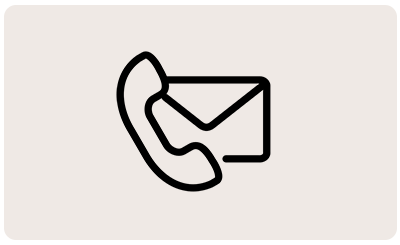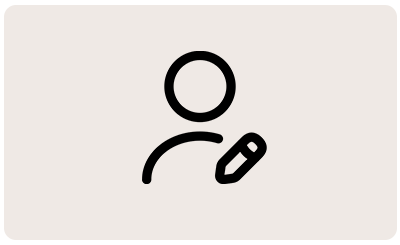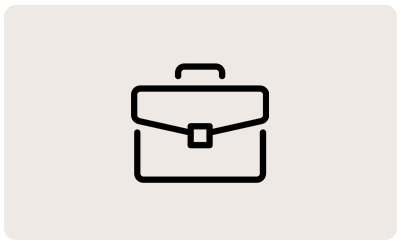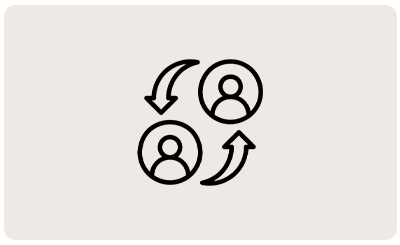Preparing your CV
What is a CV?
A CV is your way to introduce yourself to potential employers. You should list your skills, achievements and work experience on your CV. Consider how they match what the employer wants by carefully reading through the job description and person specification. A good CV will:
- use a clear font throughout – Arial, Times New Roman or Calibri size 11 or bigger
- include headings and sub-headings to organise different sections
- be kept to 2 sides of A4 – information should be concise
- match words to keywords in the job description and person specification
- have great spelling and grammar – you can always ask someone to check before applying
- be sent with a cover letter or supporting statement
Different types of CVs
There are different styles of CVs for different careers:
- traditional or chronological – list your work and education history, starting with most recent
- skills-based or targeted – focus on your job-related skills and personal qualities, useful if you’ve had many jobs or have gaps in your work history
- technical – emphasize on industry-specific skills
- creative – include online portfolio, videos or infographics
- academic – acceptable to be a lot longer than most CVs
What we need to know

Contact details
These should include your name, full address, phone number, professional-sounding email address and, if you have one, a link to your LinkedIn profile.

Personal profile
Write a few short lines summarising who you and what you hope to achieve. Use it as a snapshot of your career achievements, relevant to the job you’re applying for.

Work experience history
Give details of employer, job title, dates worked and briefly describe what you did (2 to 3 lines). Use active words like ‘organised’, ‘created’ or ‘managed’. Focus on positive examples of your successes rather than just listing duties. You can include work placements, volunteering and paid jobs.

Education history
Make a list of your qualification names; schools, colleges and universities attended with dates.

Hobbies, interests or achievements
Use examples that show you have skills that are relevant to the job – this section is useful if you do not have much work experience.

References
List referees that are relevant and are aware of your skills, such as your current/previous manager and colleagues. Let them know that you’ve put them on your CV. It is ok to leave references off of your CV and give them to your potential employer later.
Create your own CV
Download our CV template to help you create your own. Simply replace the example content with your own information and experience.
Download CV templateFurther support
A range of organisations can support with your job search, some examples are below:
Jobs at Reading Borough Council
Browse and apply to current vacancies on our dedicated careers website
